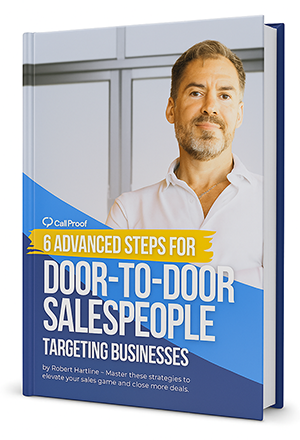You’ve realized that your company needs a sales CRM? Good. Now how do you choose?
Keeping customer data under control is key to growing your business. So ask these questions to choose the right CRM.
1. Are There Extra Charges?
CRM solutions were built for sales, yet most CRMs are purchased by marketing and IT departments. Therefore, most CRM services prioritize IT and marketing needs over the needs of a salesperson, which creates data problems. And fixing those problems costs extra. Here’s how it usually works.
For IT and marketing people to get the data they need, salespeople need to spend four to five hours each week entering their information. But salespeople can’t afford to spend that much time entering data. So they input data inconsistently, and the reports are unusable.
Then IT/marketing asks the CRM solution for different types of reports – which cost extra. These companies were built to sell, so they’ll nickel and dime you as they offer extra services to “solve” the problem.
CallProof takes a more proactive approach. We built our service for sales reps. It’s easy to enter the information into the system, which makes the data reliable. Moreover, we offer a lot of support at the beginning, and the system is completely customizable. We charge one flat fee without a maintenance agreement or other up-charges. If we have to customize a report, it’s included in the price. We’re not smart enough to charge for every little thing, and we want to give you a service you need for the long haul.
2. What’s The Length Of The Contract?
Most companies offer a six-month or year contract. They want to get your revenue, so they use contracts to ensure your business is worth their investment.
CallProof uses month-to-month contracts because we feel it’s important that we earn our clients’ business every month. Plus, it proves that we’re on the same team – we want our product to work for you.
Let’s say I have a year-long contract with the CRM vendor, but they charge for extra support. We’re not on the same side anymore. I’m tied to a CRM that should be working well, yet they earn extra if it does not. The model gets me to call in and spend money, leaving me and the vendor with different goals.
We want everything working so that if you don’t call us, we’ll make more money. If you don’t have problems, we’re in a better position. That way, we’re truly on the same team.
3. How Is Training Handled?
Make sure you know what training you’ll receive for the CRM you purchase. Ask:
- Are we responsible for it?
- Is there a link to a YouTube channel, or is there formal training?
- How much does it cost?
4. What Types Of Integrations Are Necessary?
You also need to understand how this software will work with your current technology. Ask:
- What types of integrations are necessary with line-of-business applications and other ancillary software that our organization uses?
- Are emails, phone calls, and day-to-day activities automatically updated?
5. How Does Existing Data Get Into The Solution?
Someone needs to import, manage, and clean up your organization’s existing data. Will you or the vendor be responsible for this process?
You want the vendor to make the transition for you. If you import and convert data for the first (and only) time, the result is probably going to be poor. It’s like tying your shoelaces. The first time you do it, it takes a long time and the knot isn’t very good. But someone with experience does it perfectly.
If you rely on a person who manages the software daily, they’ll get a better result. Why? They “tie shoelaces” all the time. And when they do it, it gets done quickly and there’s a solid knot when they’re finished.


